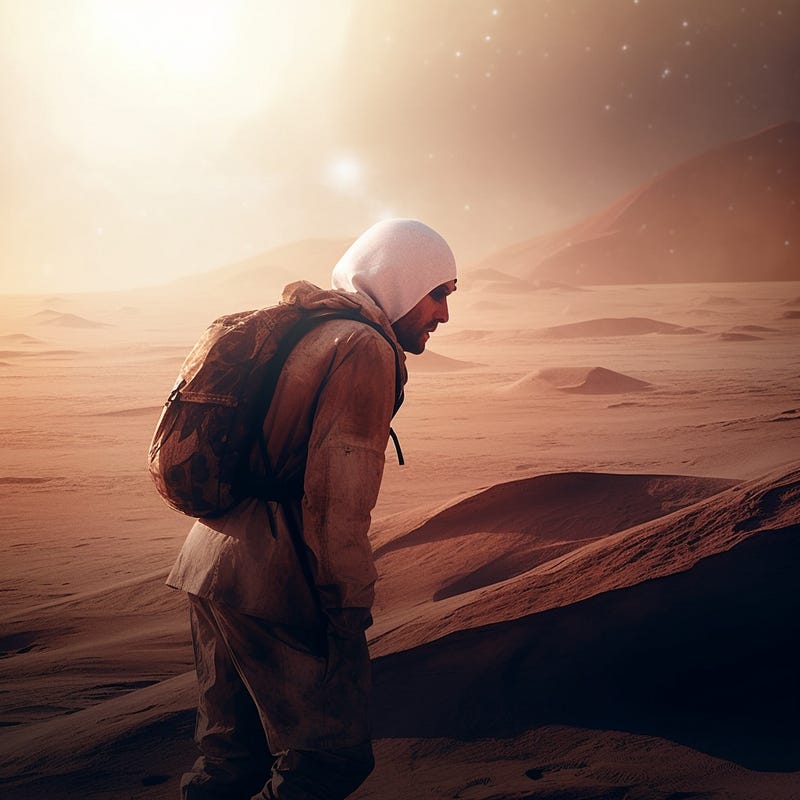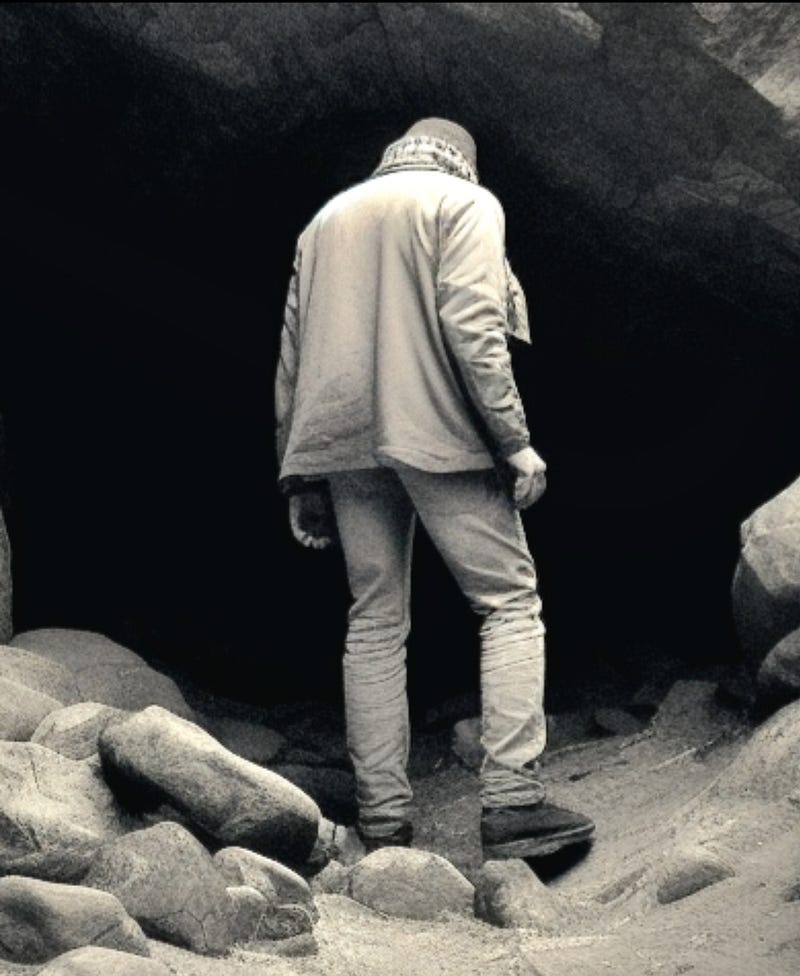Can Truth Be Found?
Can truth be found?
This question, simple as it sounds, is a fucking minefield. Let's navigate it together, shall we?
First off, let’s talk about what we mean by "truth." Are we talking about some grand, universal Truth with a capital "T," or are we talking about everyday truths that can be proven or disproven?
This distinction matters because if we’re talking about the former, then we’re delving into a philosophical shitstorm.
We live in a world that’s oversaturated with information, yet starved for wisdom. Everywhere you look, someone’s claiming to have the truth, the whole truth, and nothing but the truth. You’ve got scientists, philosophers, religious leaders, and that guy on YouTube who’s convinced the moon landing was a hoax, all swearing they’ve got the answers.
The pursuit of Truth has been the driving force behind some of the greatest minds in history. Think Nietzsche, Russell, Sagan. These guys weren't just shooting the shit; they were wrestling with big ideas. Nietzsche, in his own iconoclastic way, dismissed the idea of an absolute truth, favoring a more perspectival approach. Russell, on the other hand, was a logician who believed in the pursuit of truth through rigorous thought.
But truth is tricky. This idea of Truth with a capital "T" is as elusive as it is seductive. We’ve seen people, institutions, even entire societies, claim to have a monopoly on Truth. And let’s be real, that’s often led to some fucked-up consequences.
We used to believe the Earth was flat, remember? And that leeches could cure diseases? Yeah, about that...
Now, if we scale it down to everyday truths, things get a bit more manageable. Science, for instance, is a powerful tool for uncovering truths about our world.
Through observation, experimentation, and a shit-ton of trial and error, we've come to understand many things about the universe we inhabit. But even science has its limits. It's always evolving, always subject to new information and reinterpretation.
Where does that leave us in our quest for truth? Well, it’s a bit like chasing your shadow. It’s always there, trailing you, morphing with the angle of the light and the shape of the terrain. You can never quite grasp it, but it’s an inseparable part of your journey.
This relentless pursuit of truth isn’t futile; it’s fundamentally human. It’s what drives us forward, keeps our minds sharp, and our hearts curious.
So, is Truth worth pursuing if it’s so elusive?
It’s a question that’s both fascinating and frustrating. On the one hand, the pursuit of truth is a noble, even essential, endeavor. It drives progress, embraces understanding, and can even unite us in shared knowledge.
But on the other hand, the quest for absolute Truth is fraught with danger. It's a path lined with dogma, absolutism, and a shitload of human error.
In my EchoSpective view, truth isn’t a destination; it’s a journey. It’s not a rock you can turn over and exclaim, "Fuck! I’ve found it right here hiding in this goddam cave!"
Truth is more like a flowing river, constantly moving and changing, shaped by the banks of our perceptions, experiences, and understanding.
We, as intelligent, questioning beings, are equipped with the tools to seek out our own truths. We’ve got science, philosophy, art, and religion, all probing different aspects of this complex existence. But let’s not kid ourselves; each of these tools has its limitations.
Science is constantly evolving, overturning its own truths with new discoveries.
Philosophy can tie itself in intellectual knots.
Religion often demands faith in the unseen and unprovable.
And art, well, art reflects the subjective truth of the artist.
But maybe, just maybe, the real truth lies in the recognition that we are all both the sculptor and the sculpture in the art of living. We shape our truths, and in turn, they shape us.
It’s not about finding the ultimate, unchanging truth – it’s about engaging in the never-ending dance of questioning, discovering, and evolving.
In the end, maybe the question isn’t so much about finding Truth, but about how we seek it. It’s about asking questions, challenging assumptions, and being open to new ideas. It’s about recognizing that our understanding of truth is always incomplete, always subject to change. It’s about being okay with the idea that some questions might never have definitive answers.
So, I ask again, can truth be found?
At the risk of claiming an ironic paradoxical truth of my own: Yes, in the sense that we all find our own truths in the chaos of existence.
But the real power, the real beauty, lies in the search itself.
And if you’re looking for some dogmatic, universal, unchangeable truth, you might be in for a bit of a disappointment.
The beauty of life, the real cosmic joke, is that we get to explore, question, and define our truths as we stumble and soar through this absurd, glorious existence.
The truth isn’t just out there; it’s in us, around us, and perpetually just beyond our grasp. And that’s what makes the hunt so damn exhilarating.
It’s in the questioning, the exploring, the never-ending quest to understand just a little bit more about this crazy, fucked-up, beautiful world we live in.
The Truth About Truth; It’s All a Lie. Truth Part 1
Philosophy of Truth & Reality Introduction. What is truth and how is it better understood?medium.com
The Paradox of Pursuing Knowledge
Navigating the Labyrinth of Belief and Truthmedium.com



